Entry Category: State - Starting with F
 Farkle Finger
Farkle Finger
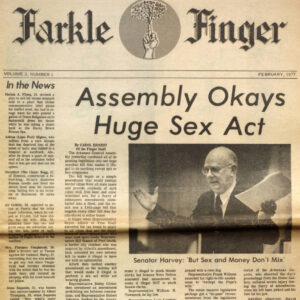 Farkle Finger
Farkle Finger
Farkleberry Follies
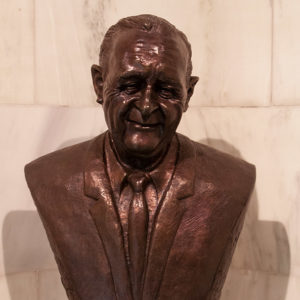 Faubus Bust
Faubus Bust
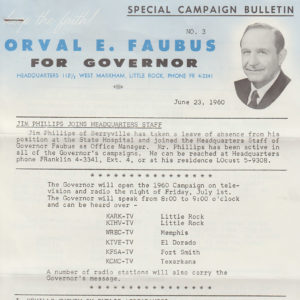 Faubus Newsletter
Faubus Newsletter
Faubus, Orval Eugene
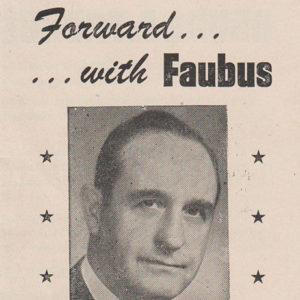 Faubus's First Campaign
Faubus's First Campaign
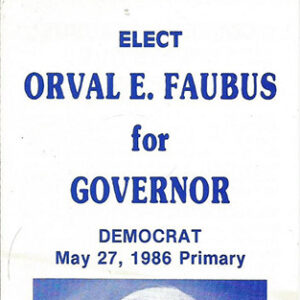 Faubus’s Final Campaign
Faubus’s Final Campaign
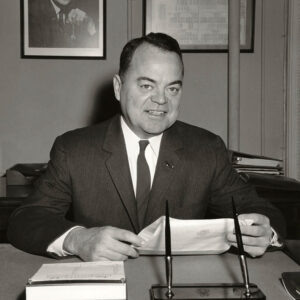 William F. Finan Jr.
William F. Finan Jr.
Finan, William F., Jr.
 Fingerling Stocking
Fingerling Stocking
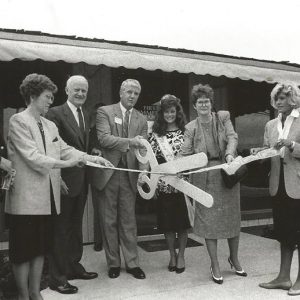 First Commercial Ribbon Cutting
First Commercial Ribbon Cutting
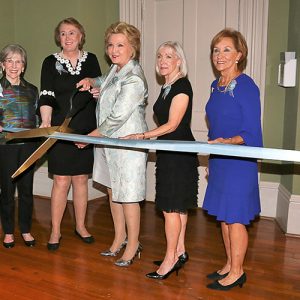 First Ladies Exhibit Grand Reopening
First Ladies Exhibit Grand Reopening
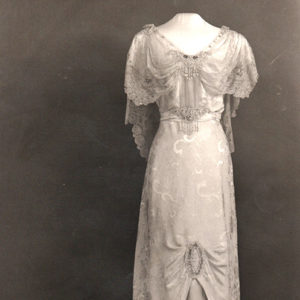 First Lady Gown
First Lady Gown
Fishback, William Meade
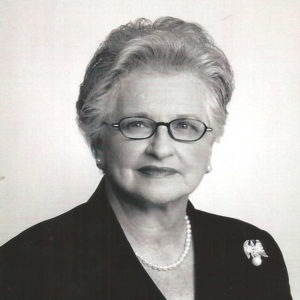 Jimmie Lou Fisher
Jimmie Lou Fisher
 Jimmie Lou Fisher
Jimmie Lou Fisher
Fisher, Jimmie Lou
Flanagin, Harris
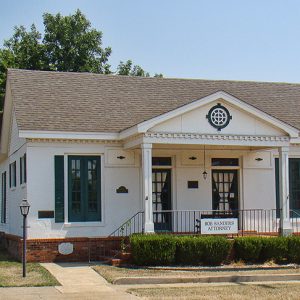 Flanagin Law Office
Flanagin Law Office
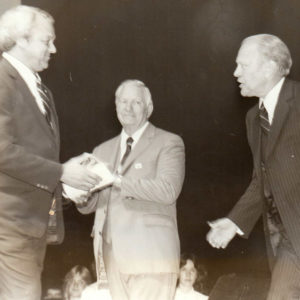 Ford Visit
Ford Visit
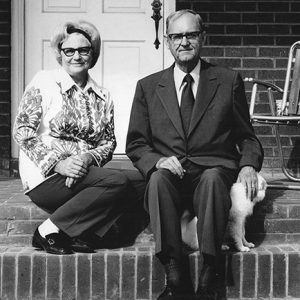 Arch and Ruby Ford
Arch and Ruby Ford
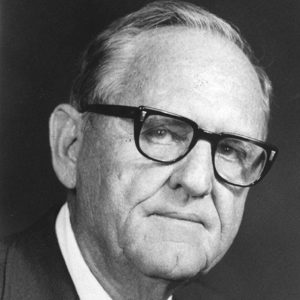 Arch Ford
Arch Ford
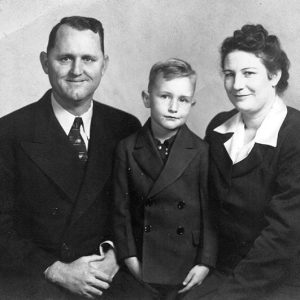 Ford Family
Ford Family
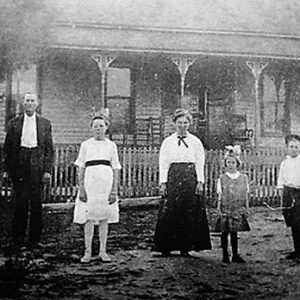 Ford House
Ford House
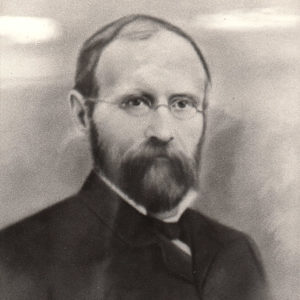 Jacob Frolich
Jacob Frolich
Frolich, Jacob
Fulks, Clay
Fulton, William Savin
 Furbush Bust
Furbush Bust
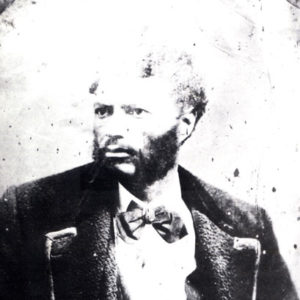 William Furbush
William Furbush
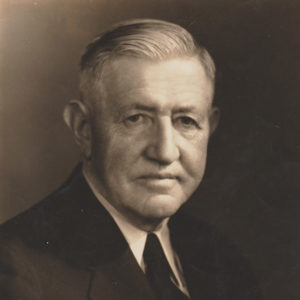 J. M. Futrell
J. M. Futrell
Futrell, Junius Marion
aka: J. Marion Futrell
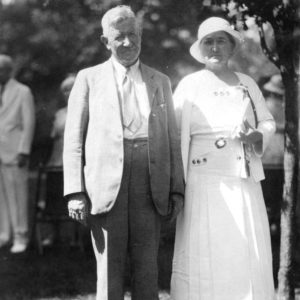 Futrells
Futrells




